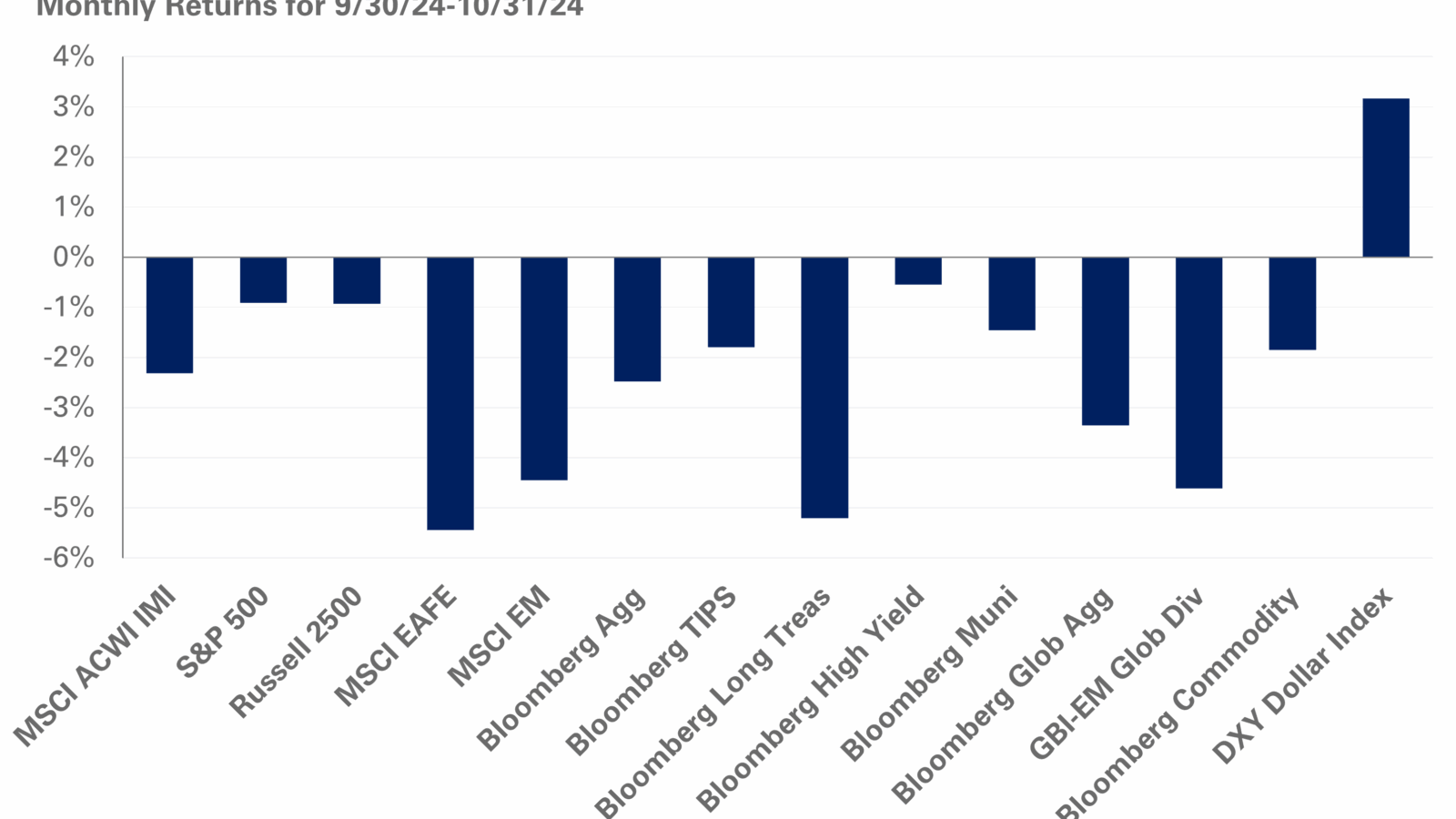
I’m Elizabeth, a 24-year-old analyst on the Defined Contribution team at NEPC. As someone with an interest in social causes and a more recent passion for environmentalism, I was drawn to NEPC’s Impact Investing efforts.
As a millennial, I don’t think my interest in Environmental, Social, and Governance (ESG) investing is unique.
That said, before coming to NEPC, I wasn’t sure of the meaning of ESG and how it differed from other approaches to socially responsible or sustainable investing. To clear up this common confusion, we suggest reading our new primer on impact investing for our Defined Contribution clients.
This primer helps to clarify NEPC’s view that ESG is simply one form of impact investing. It integrates the consideration of non-financial factors into the investment process and can lead to a more accurate and complete evaluation of a security. Recently, studies have shown the relevance of enviornmental, social and governance factors in determining an investment’s worth, finding a correlation between the sustainability practices of a firm and its financial performance.
In addition to potentially improving returns, the implementation of ESG factors is looked upon favorably by millennials, the largest generation in US history and one with unique spending and investing habits. According to a Morgan Stanley survey, 90% of us want sustainable investing options offered in our 401(k) plans and 75% of us believe our investments can influence climate change.
That last statistic really resonates with me. To this end, I researched a fund that actually reports on the level of carbon and toxic emissions of the companies it holds versus the benchmark index (which is 38% and 70%, respectively.). Another asset manager has published an accessible analysis on carbon footprints, explaining the importance of assessing a company’s contribution to the carbon intensity of the economy, and how that fits into their portfolio managers’ overall ESG investment strategy.
At NEPC, we also look at “thematic” investments, which are separate from ESG. These types of funds focus on investments in targeted areas, such as renewable energy, water infrastructure or clean air. Like sector funds, thematic funds may be subject to industry-concentration risk and could experience greater volatility than a fund that invests more broadly.
For corporate employers wondering if these types of sustainable investments can be offered in their employees’ retirement plans, we believe the answer is YES. The regulations state that fiduciaries can include ESG, thematic or other types of impact investments—the Department of Labor calls them “economically targeted investments” or ETIs—provided the fiduciaries do not accept lower expected returns or take on greater risks to promote social, environmental or other public policy causes. Some refer to this as the ‘‘all things being equal’’ test, meaning that if fiduciaries follow the same processes used for selecting other investments and the expected rate of return of an impact investment is commensurate with other investments with similar risk characteristics, then impact investments can be included in a retirement plan.
If your next question is whether your plan’s participants would invest in this type of fund or funds, the answer for me, at least, is yes. To know more about the millennial investor or impact investing, call your NEPC consultant today.



